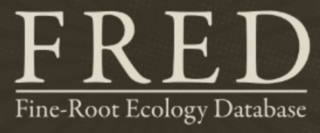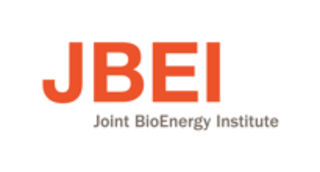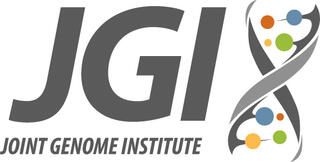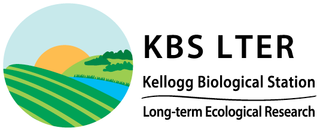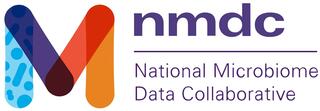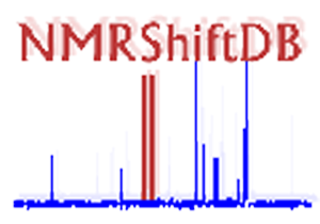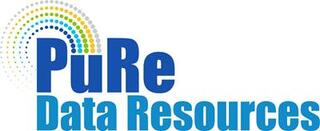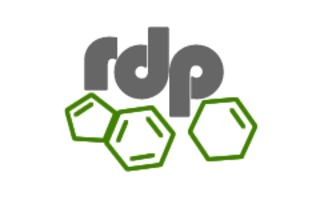External Resources
Below is a selection of public data repositories, genetic sequence databases, and software and data platforms that the GLBRC researchers commonly use.
Ameriflux
AmeriFlux is a network of sites measuring ecosystem carbon dioxide, water, and energy fluxes in North, Central and South America across major climate and ecological biomes. AmeriFlux datasets provide crucial linkages between terrestrial ecosystem processes and climate-relevant responses at landscape, regional, and continental scales.
Bioenergy Feedstock Library
Dryad
The Dryad Digital Repository is a curated resource that makes research data discoverable, freely reusable, and citable. Dryad provides a general-purpose home for a wide diversity of data types.
Figshare
figshare is a repository where users can make all of their research outputs available in a citable, shareable and discoverable manner.
Fine-Root Ecology Database (FRED)
The Fine-Root Ecology Database (FRED) is a community build database of belowground root traits and processes. The FRED Initiative began as an international collaboration of root ecologists with an overarching goal of improving our understanding and model representation of fine-root traits and processes.
GenBank
GenBank is the NIH genetic sequence database, an annotated collection of all publicly available DNA sequences. GenBank is part of the International Nucleotide Sequence Database Collaboration, which comprises the DNA DataBank of Japan (DDBJ), the European Nucleotide Archive (ENA), and GenBank at NCBI. These three organizations exchange data on a daily basis.
Gene Expression Omnibus
GEO is a public functional genomics data repository supporting MIAME-compliant data submissions. Array- and sequence-based data are accepted. Tools are provided to help users query and download experiments and curated gene expression profiles.
Joint BioEnergy Institute
The Department of Energy’s Joint BioEnergy Institute (JBEI), led by Lawrence Berkeley National Laboratory (Berkeley Lab), was selected in July 2017 as one of four DOE Bioenergy Research Centers. JBEI has developed a variety of research tools that are publicly accessible through their website.
Joint Genome Institute
The U.S. Department of Energy Joint Genome Institute (JGI) is the global leader in generating genome sequences of plants, fungi, microbes, and metagenomes.
KBase
The Department of Energy Systems Biology Knowledgebase (KBase) is a software and data platform designed to meet the grand challenge of systems biology: predicting and designing biological function.
KBS LTER Data Catalog
The Kellogg Biological Station (KBS) Long-Term Ecological Research (LTER) Data Catalog is a collection of publicly available datatables associated with the research site. The KBS LTER project is a comprehensive program of research, education, and outreach focused on understanding the ecology of intensive field-crop production and its environmental consequences.
National Microbiome Data Collaborative
The National Microbiome Data Collaborative (NMDC) is an initiative to empower the research community to harness microbiome data exploration and discovery through a collaborative integrative data science ecosystem.
NMRShiftDB2
nmrshiftdb2 is a nuclear magnetic resonance (NMR) database for organic structures and their NMR spectra. The database allows for spectrum prediction, and for searching spectra, structures and other properties. The nmrshiftdb2 software is open source and the data there is published under an open content license.
PuRe Data Resources
The Office of Science (SC) Public Reusable Research (PuRe) Data Resources are data repositories, knowledge bases, analysis platforms, and other activities that make data publicly available to enable better communication, better stewardship, and better science. Resources are listed below by program office.
RhizoVision Explorer
RhizoVision Explorer is free and open-source software developed for estimating root traits from images acquired from a flatbed scanner or camera.
Ribosomal Database Project
The Ribosomal Database Project (RDP) provides ribosome related data services to the scientific community, including online data analysis, rRNA derived phylogenetic trees, and aligned and annotated rRNA sequences.




